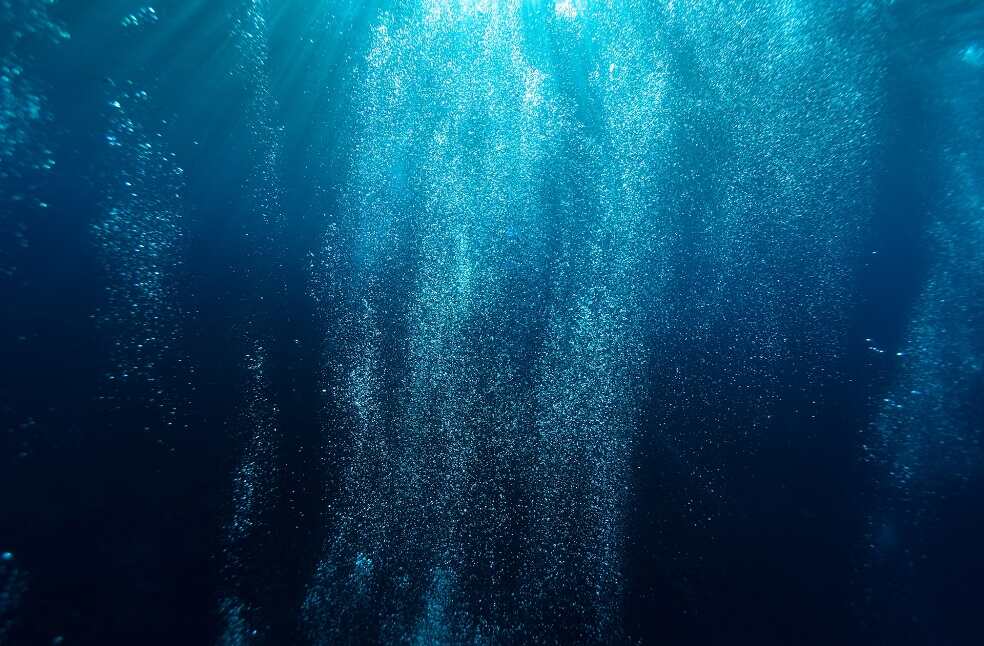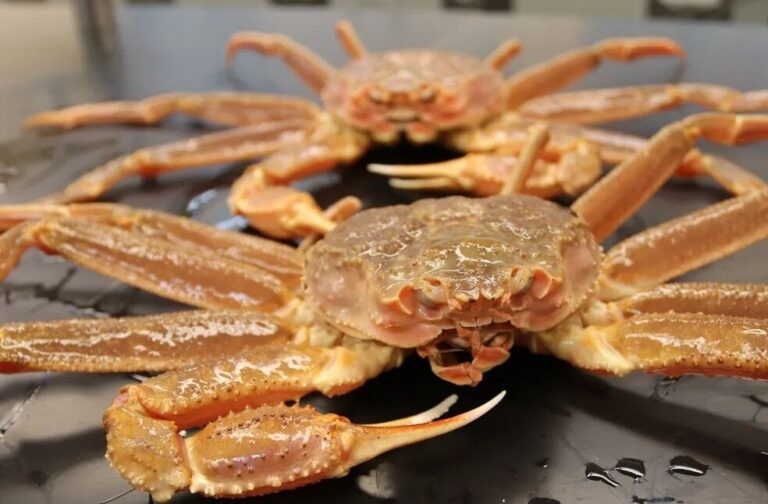London, UK: A new study found that warmer ocean temperatures could be the reason for the sudden disappearance of billions of snow crabs in Alaska.
Researchers at the National Oceanic and Atmospheric Administration (NOAA) noted that the eastern Bering Sea snow crabs, once thought to be overfished, actually starved to death en masse because the change in water temperature “increased their caloric needs considerably.”
In 2018 and 2019, ocean temperatures reached record highs, initially causing a surge in the snow crab population, followed by a rapid decline. Then, in 2022, there was a significant drop of 10 million crabs.
Scientists have stated that Arctic temperatures have increased at a rate four times faster than the global average.

Global warming, leading to reduced sea ice, played a role in the decline of Arctic species that grow in cold pools on the ocean floor. The diminished ice and warmer waters created unfavourable conditions for snow crabs, causing many of them to perish.
The shortage of snow crab stock has significant economic impacts. These crabs are crucial to Alaska’s commercial fishing industry, which is worth more than $150 million. The reduced crab population has led to a drop in earnings and increased financial stress for those dependent on this industry for their livelihoods.
In 2022, the Alaska Department of Fish and Game took the unprecedented step of closing essential Bering Sea snow crab harvests, leaving crab fishers without opportunities. According to NOAA, the snow crab shortage is among the most significant reported losses of mobile marine life to marine heatwaves on a global scale.



